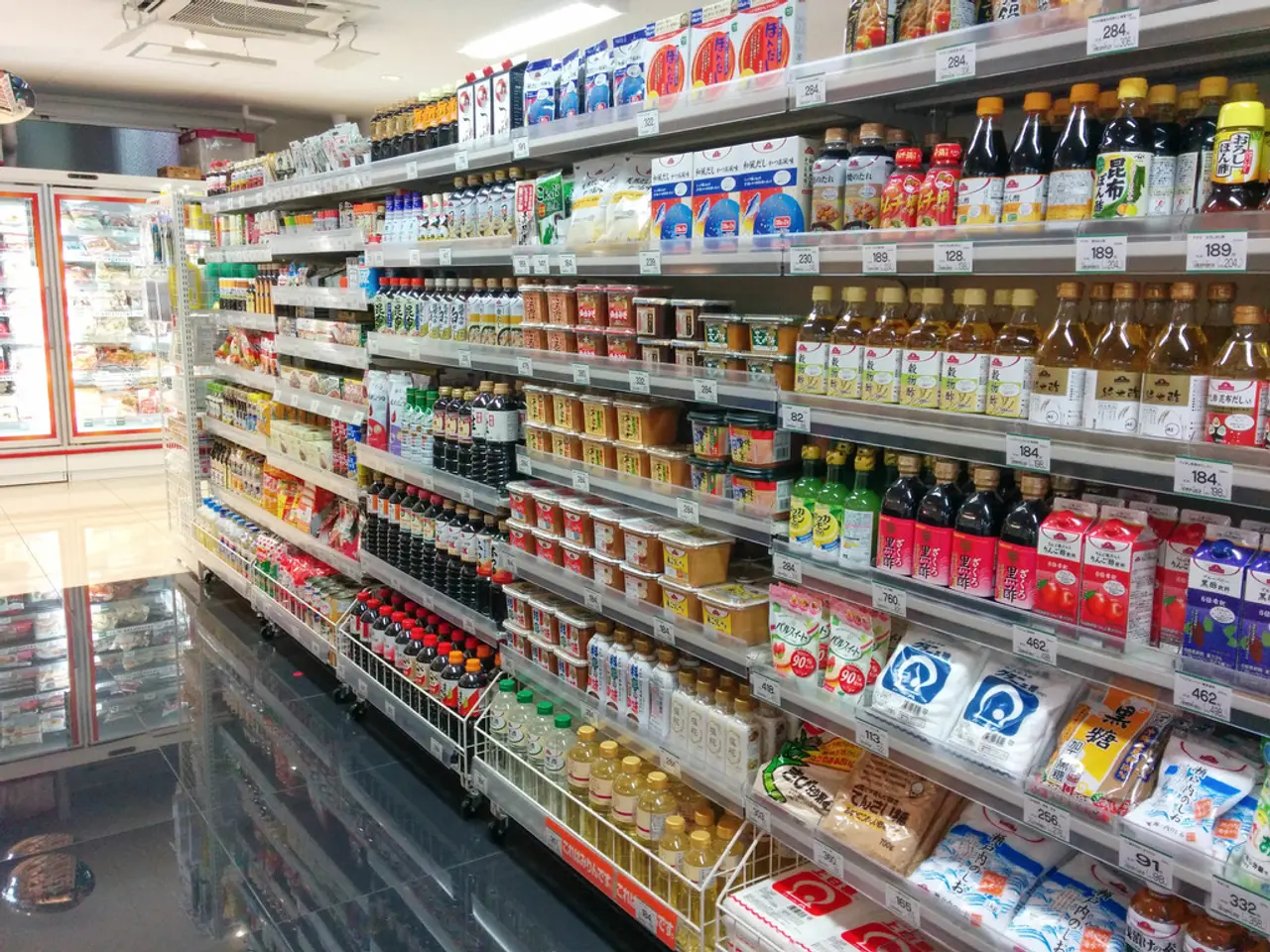Small and Medium Enterprises (SMEs) Face a Global Struggle to Gain Equal Footing in Technology Accessibility
In the rapidly evolving world of technology, geopolitical strategies are increasingly shaping the corporate landscape, particularly for businesses operating in sensitive sectors. This article explores the current state and impact of technological nationalism on Italian Small and Medium Enterprises (SMEs) and family businesses, comparing them with the experiences of Taiwan and South Korea.
In Europe, there is a growing emphasis on technological sovereignty, aiming to build a European-led technological foundation. Investments in infrastructure like cloud and Artificial Intelligence (AI) are being made to reduce barriers to entry and ensure fair competition for SMEs. However, European SMEs face significant challenges, including low levels of venture capital investment compared to the US and China.
Taiwan, known for its strong technology sector, particularly in semiconductors, has been supported by the government through policies and investments. Taiwan plays a significant role in the global supply chain for electronics and is a key player in the international semiconductor market. Despite geopolitical tensions with China, Taiwan continues to invest in innovation and Research & Development (R&D).
South Korea, on the other hand, has a strong focus on technological nationalism through its support for domestic industries like electronics and automotive. South Korea's industrial policy has been instrumental in fostering large conglomerates like Samsung and Hyundai, which are global leaders in their respective sectors.
Comparatively, both Taiwan and South Korea have strong government support for their technological sectors, which has helped them become competitive globally. In contrast, while the EU has initiatives like the Startup and Scaleup Strategy, they face challenges in matching the scale of investment and coordination seen in Asian nations.
All three regions face geopolitical challenges. Taiwan and South Korea deal with tensions related to China, while the EU faces competition from the US and China in technological domains. The struggle for control of future technology, specifically expertise in algorithms, AI, supercomputing, and control of rare earths, poses a potential threat to Italian SMEs and family businesses.
The case of Nvidia, a global leader in AI technology, highlights these dynamics. Export restrictions to China led to a plummet in its stock, illustrating the increasing influence of geopolitical strategies on global business transactions. China has imposed controls on the exports of rare earths, a critical resource for the Western technological industry.
Selling, buying, or transferring productive activities is increasingly subject to institutional constraints, as the new approach of technological nationalism involves protectionism and sabotage of global value chains. The control of rare earths is a significant factor in the war for future technology control.
Andrea Colli, professor of economic history at Bocconi University, is convinced of the impact of geopolitical strategies on businesses in sensitive sectors. The Trump administration has advised the British government to block an investment in Scotland by a Chinese company, a leader in wind turbine production, on the basis of 'energy production security' issues.
In conclusion, while Italian SMEs and family businesses face specific challenges related to European technological sovereignty and investment, Taiwan and South Korea have established themselves as major players in global technology through strategic government support and industrial policies. The new approach of technological nationalism, with anti-global and protectionist connotations, is a significant factor in the war for future technology control. Tariffs are seen as a means, not an end, in this new approach, which involves protectionism and sabotage of global value chains. These institutional constraints have direct repercussions on corporate fundamentals.
- The European policy towards technological sovereignty, which includes investments in infrastructure like cloud and AI, aims to create a level playing field for Small and Medium Enterprises (SMEs), but faces challenges, such as low levels of venture capital investment compared to other regions like the US and China.
- The industrial policy in Taiwan and South Korea has been instrumental in supporting their technology sectors, leading to the growth of global giants like Samsung and Hyundai in electronics and automotive, respectively. On the contrary, while the EU has initiatives like the Startup and Scaleup Strategy, it faces difficulties in matching the scale of investment and coordination seen in Asian nations, particularly Taiwan and South Korea.




